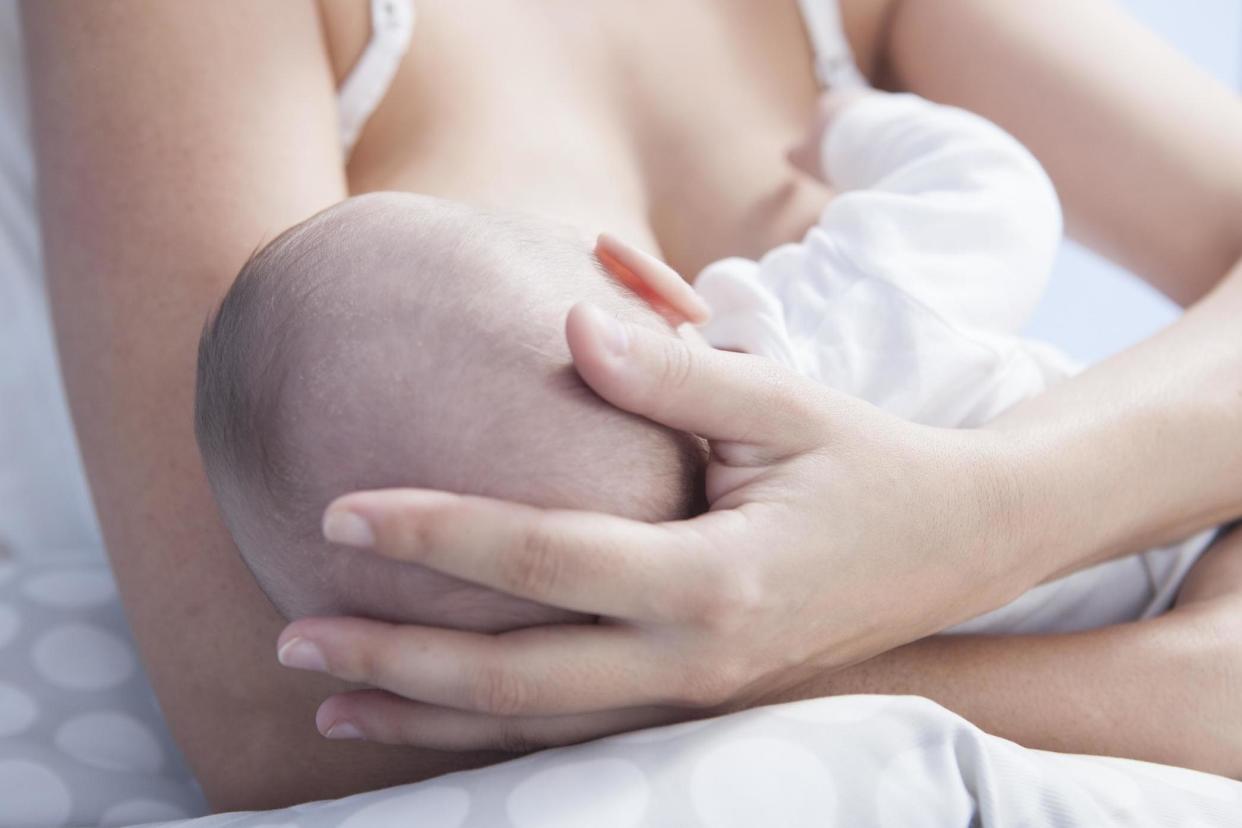Breastfeeding should be taught in schools, claims health professional

The UK is among countries with the lowest breastfeeding rates in the world, according to new research conducted by UNICEF.
In response to the finding that 150,000 babies in the UK are never fed breast milk, health experts are calling for breastfeeding to be incorporated into personal social health education (PSHE) classes at schools so that students can learn the myriad benefits that breastfeeding can offer both mother and child at a young age.
In the report’s list of 123 countries, ranking lower than the UK - which had the fifth lowest rate in the world - was the US, Spain, France and Ireland, where just 55 per cent of babies are breastfed.
“The analysis indicates that even though breast milk saves lives, protects babies and mothers against deadly diseases, and leads to better IQ and educational outcomes, an estimated 21 per cent of babies in high-income countries are never breastfed. In low-and-middle-income countries, the rate is four per cent,” the report reads.
Countries with the highest rates included Sri Lanka (99.4 per cent) and Buhtan (99.3 per cent).
Breastfeeding is usually advised by the NHS for the baby’s first six months, however, some women aren’t able to produce breast milk or find the experience too painful or difficult, with some mothers struggling to get their babies to latch on properly.
Some also find it too uncomfortable to breastfeed in public, with one third of women confessing to feeling embarrassed to do so outside of their homes, according to a 2015 survey.
Not to mention the numerous incidents of mothers being shamed for breastfeeding in public, illustrating that it is sometimes perceived as a taboo act.
The benefits of opting for breast milk rather than formula include boosting your baby’s immune system and reducing your its risk of type two diabetes, obesity and cardiovascular disease, the NHS website states.
It can also be a deeply beneficial bonding experience between mother and child.
Speaking to Refinery29, Professor Russell Viner, who is president of the Royal College of Paediatrics and Child Health, advocated breastfeeding as the “best source of nutrition for a baby.”
He added that children should be made aware of the benefits as soon as possible in a bid to tackle the stigma, suggesting that the easiest way to do this would be to incorporate the topic into PSHE classes.
“By embedding these positive messages early in life, we have the power to change societal attitudes of a generation,” he said.
“Then many more women can breastfeed in public without fear or anxiety, and provide the best source of nutrition for their baby in the process.“
To see which countries ranked highest and lowest in terms of breastfeeding rates, see UNICEF’s data below:
Countries with the lowest breastfeeding rates
1. Ireland (55%)
2. France (63%)
3. US (74.4%)
4. Spain (77%)
5. UK (81%)
6. Germany (82%)
7. Italy (86%)
8. Republic of Korea (88%)
9. Montenegro (88.3%)
10. Guyana (89%)
Countries with the highest breastfeeding rates
1. Sri Lanka (99.4%)
2. Bhutan (99.3%)
3. Nepal (99.1%)
4. Madagascar (99%)
5. Niger (98.8%)
6. Rwanda (98.8%)
7. Kenya (98.7%)
8. Gambia (98.7%)
9. Burundi (98.7%)
10. Uruguay (98.7%)
11. Peru (98.7%)

